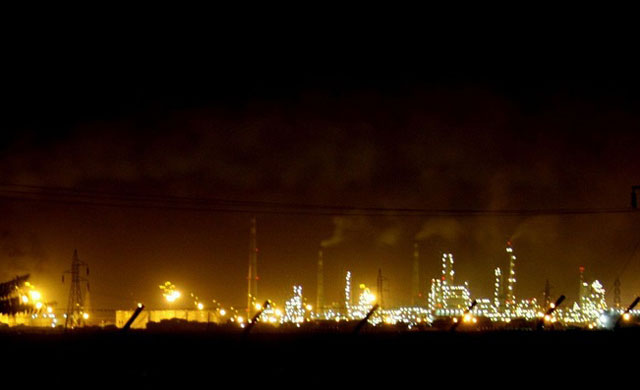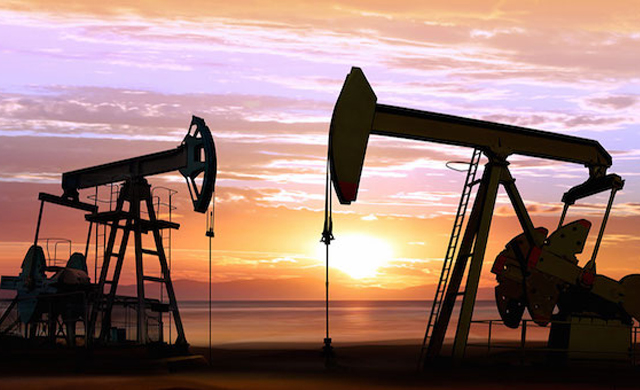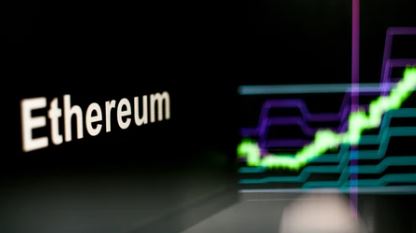Iraqi President Jalal Talabani was rushed to a Baghdad hospital on Monday after suffering an apparent stroke. After being admitted in critical condition, local doctors labored to stabilize him. Today medical teams from Germany and Iran have arrived to assist in his recovery. Latest reports indicate that he is still in a coma. Deputy Health Minister Issam Namiq told reporters that Talabani’s condition was improving. However, he cautioned that, “His condition is stable. And I underline here that there is an improvement in his condition compared with yesterday.”

While we are sympathetically concerned about the 79-year-old president’s condition, in an oil-producing country as unstable as Iraq, many are just as concerned about the impact on oil prices and availability in the event that he should die. No doubt a power struggle will ensue. Should we worry about investment in the oil and gas sector? I say, probably not. Here’s why.
For the large part the average investor, and perhaps, the average institutional investor, misunderstands the difference between the oil economy and politics in the major oil producing countries in the Middle East. This might be attributable to the lack of understanding transferred to us by the media tying to make sense out of things they don’t understand.
The US has struggled to make Iraq a democracy. Why? Because the country had been run by a ruthless dictator and, more than likely, for other reasons unknown to us. It is one thing to depose a dictator. It is quite another to impose a type of government that is not appropriate to situation. Just because the US is a democracy, doesn’t mean that Iraq has to be. The fact is that a democracy in Iraq is doomed to failure.
In a non-oil producing country, the citizens generate income – some from working for a company, others from owning a company. The country receives income from taxes on the income produced. Whether or not the taxes imposed are fair or not is a political issue. The economic issue is that the citizens are taxed. The American form of democracy was created on the basis of “No taxation without representation.” Ergo, you can tax me as long as I believe that I have a voice in the government. And in yet other words, “You can have my money to redistribute it as you see fit.”
In an oil-producing country, the government generates income, not from taxing, but from renting oil licences. The money generated by the independent or state-controlled oil companies is the revenue source for the government. This is how the UN hopes that strict oil sanctions on Iran will cripple the economy enough to get Iran to comply with nuclear regulations. The sanctions are, in effect, preventing Iran from making money from its chief source of income.
In an oil-producing economy, since the revenues from the production of oil go directly to the state, their is no need for taxation of the populace. The ruling government already has the money and it independently determines how to disperse it. This scenario lends itself to a single, strong ruler who has so much money in the coffers that he can present himself a a benevolent leader and, most often, a dictator. This is a case of “We don’t have taxation. We don’t need representation.” The economy is, in a somewhat skewed perspective, almost a form of welfare state. But, in reality, the government will almost never be as benevolent as it tries to appear to be.
I submit that the issue in Iraq is not about whether or not oil will continue to flow. In fact, many experts believe that Iraq may well have the world’s largest yet untapped oil reserves. The US had no choice but to rebuild the infrastructure in Iraq after the war. If they did not, everyone in Iraq would hate the US for the mess it left behind. Most would agree that some kind of government needed to be put in place to maintain order. However, for the US to think that the government must be a democracy is completely misguided. If that was done in order to gain a partner in Iraq, someone who develops US foreign policy is smoking something strange.
Eventually, perhaps even on the demise of President Talabani, the Iraqi government must drift back to the style most fitting to its economy. Like it or not, Iraq will once again come under the rule of a strong, hopefully benevolent leader. That’s the way the system works and nothing is likely to change it.
Therefore, since it’s economic structure can’t really change, regardless of who is in control, the oil must flow. With its great reserves, Iraq is more likely to open new licenses than to increase the costs of production. Perhaps the only thing that would could the oil and gas sector to be in jeopardy is an all-out Middle East war where oil production becomes endangered.
That’s my opinion and I am sticking to it.


 Hot Features
Hot Features













